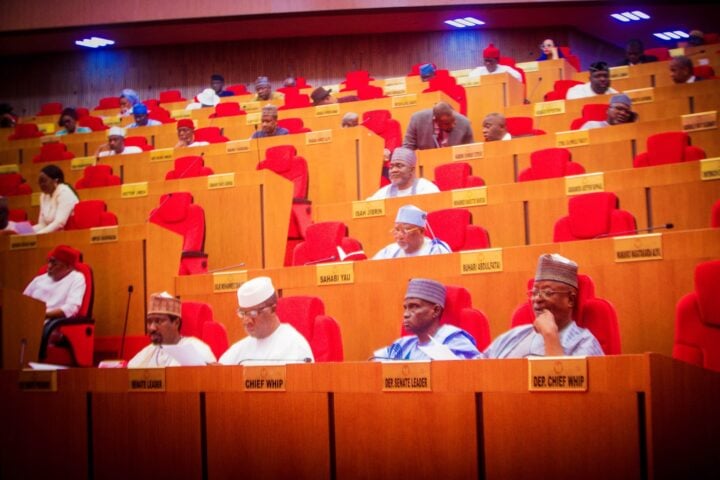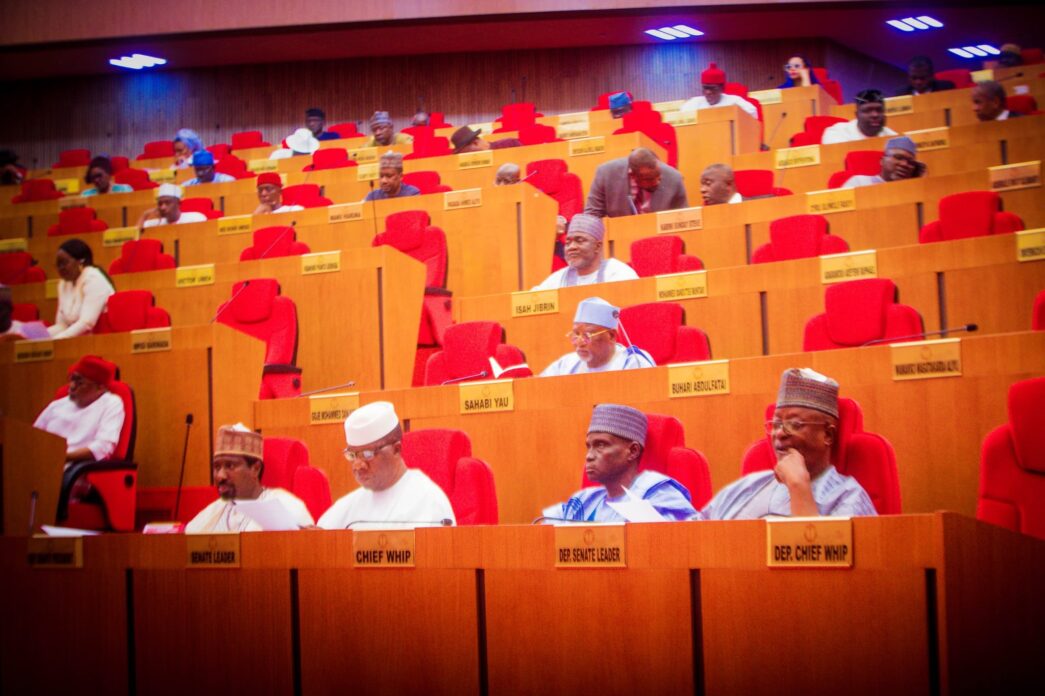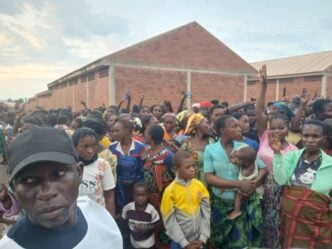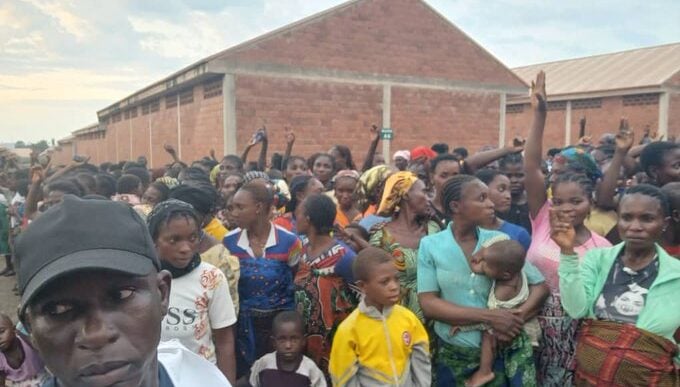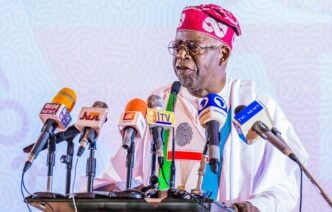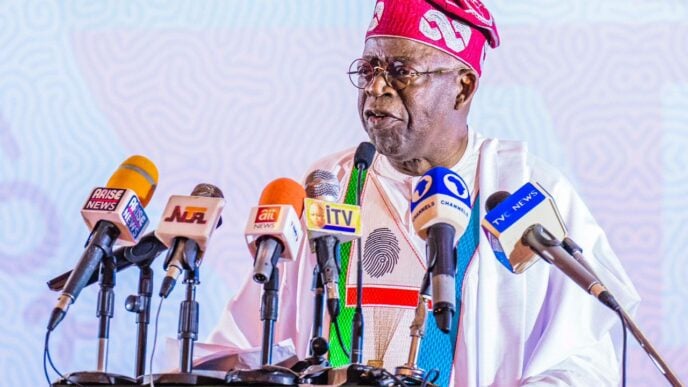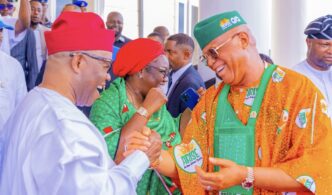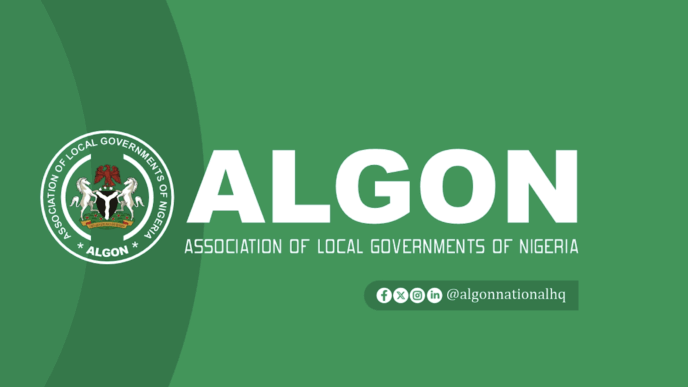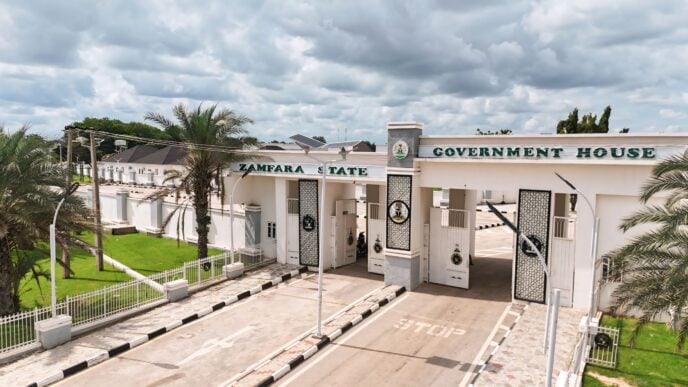Friday, June 13, marked the midterm of the 10th National Assembly, our country’s foremost parliamentary institution with far-reaching consequential powers. The occasion came only 24 hours after the commemoration of the 2025 National Democracy Day. The two national events, defining and historic in our national life, clearly remind us all of the significance of our 26-year unbroken democratic rule, the supreme sacrifice we have offered to end the reign of tyrants, our collective resolve to consciously nurture the government of the people and guarantee the centrality of the parliament to the growth of representative order.
But the road to the midterm has not been without turbulence. The turbulence is not by any means self-inflicted or a product of our own failure. Rather, it is the outcome of providing leadership at extremely challenging times when the course of national regression must be reversed and the path to greater future clearly charted in the overriding public interests of our people. At the 10th National Assembly, this has been our daily preoccupation since its inauguration 24 months ago.
Obviously, for reasons not unconnected to the country’s political dynamics, the National Assembly has come under sustained scrutiny from nearly all segments of our country – the opposition, civil society, professional bodies, organised labour, the media and youth groups or movement,. They have even labelled us a rubber stamp in the hand of the executive or a lap dog of the Presidency at different times. They have, without any proof, claimed that we have betrayed the trust of the electorate.
Are these claims truly founded? Or are they another weapon in the hand of our die-hard opposition? Do they represent our country’s socio-economic and political realities? However, facts and figures do not support all these claims. First, as a matter of strategy, the 10th National Assembly deviated from the culture of confrontation and grandstanding that the previous assemblies had embraced in the discharge of its core mandates. As our history has shown, neither confrontation nor legislative grandstanding ever did our fatherland any service or brought about desired outcomes.
Advertisement
In those eras, grandstanding only bred frosty relations between the Presidency and National Assembly, and the people bore the brunt of that hostility. It also clogged the wheel of efficient service delivery, and governance then became a blight rather than a bliss. The lessons from these eras informed the decision of the 10th National Assembly to embrace strategic engagement and partnership in our pursuit of greater good for the greater number of our people. And we have consciously leveraged this instrument in the last two years without any prejudice to our constitutionally guaranteed independence, working with virtually all actors to create legal frameworks that guide the pursuit of our national aspiration.
This resolve further explains why we have been strategically collaborating with key public institutions, especially the Presidency, to defend the core interest of constituents; guarantee macroeconomic stability; promote internal cohesion as well as foster unity among ethnic nationalities that constitute our dear fatherland. Like never before, we have been utterly committed to this national assignment with a view to positioning Nigeria, the pride of black nations, not just for more notable regional and sub-regional roles, but also for global leadership.
Driven by this ambitious legislative aspiration convincingly scribbled in our revised legislative agenda, the 10th National Assembly has been discharging its constitutional mandates, working in synergy with other arms of government and nurturing a competitive, functional and viable federation that will no less work for all. As shown in all our legislative engagements, this has been our preoccupation since our inauguration.
Advertisement
From the National Social Investment Programmes Act, 2023 to the Student Loan (Access to Higher Education) Act, 2024; National Minimum Wage Amendment Act, 2024; Investments and Securities Act, 2025; Regional Development Commission (Establishment) Acts, 2025 and the Tax Reform Bills, 2024, no fewer than 108 legislations have either been newly enacted or successfully undergone amendment processes in the last two years. And each of these legislations addresses vital issues that directly or indirectly border on public interest.
The summary of our legislative engagements between June 2023 and June 2025 further reinforces the performance of the 10th National Assembly. In the Senate, for instance, at least 983 bills were introduced within the timeframe. While no fewer than 477 in the 2023/2024 legislative year, 506 bills were recorded in 2024/2025. This represents a 6.07% increase. In the 2023/2024 session, also, the Senate fully passed 25 bills into laws compared to 83 bills in 2024/2025, indicating a 232% leap above the figure recorded in the previous year Against 13 in 2023/2024, the Senate received and fully enacted at least 26 executive bills in 2024/2025, invariably accounting for a 100% upsurge.
Most specialists in Legislative Studies always measure the performance of the legislative arms worldwide based on the number of bills that were fully passed into laws and motions that were successfully resolved. No! This metric cannot be entirely correct. Our performance cannot be evaluated exclusively based on this mono-directional measurement, but by an eclectic method that takes into cognisance the core mandates of the legislature – lawmaking, oversight and representation. No doubt, laws are consequential instruments of governance, and their enactment requires a highly rigorous process that seeks to garner input from all critical stakeholders to avoid any form of conflict or misrepresentation at the stage of execution. But the mandates of the legislature include oversight, which takes place at different stages of legislative process and representation, which brings all our constituents to the nucleus of every legislative action.
Besides 108 bills that were fully passed into law within the timeframe, at least 464 private member bills were initiated in the 2023/2024 legislative year compared to 480 in 2024/2025. Currently, there are 89 bills awaiting first reading in 2023/2024 as against 135 in 2024/2025; 45 awaiting second reading in 2023/2024 contrary to 230 in 2024/2025; 215 appointments were confirmed in 2023/2024 compared 116 in 2024/2025 and 50 different petitions successfully resolved in 2023/2024 with 80 duly addressed in 2024/2025. These figures are a mirror for the true assessment of our performance, though do not entirely represent all our initiates and input aimed at putting our fatherland back on track.
Advertisement
Of immeasurable significance is the Student Loan (Access to Higher Education) Act, 2024. This Act has redefined access to education across all our tertiary institutions. Since the executive commenced its implementation, the number of dropouts has considerably come down nationwide. Its impact, whether direct or indirect, is a testament to the resolve of the federal government to invest in people. At least, as shown on NELFUND’s dashboard, at least 1,094,057 students have applied for the scheme. Of this figure, 563, 279 institutional loans have been granted while 530,773 upkeep loans processed. Without purposeful collaboration that culminated in the enactment of law that established it, the student loan scheme will not have come through.
Like the student loan, the Tax Reform Bills, 2025 are another testament to resolve to end the country’s fiscal challenge. The initiatives aim at far-reaching reforms that seek to eliminate structural inefficiencies in our tax administration; simply tax obligations for businesses and citizens; boost investors’ confidence in our economy and catalyse monumental growth across all sectors. Now awaiting the presidential assent, the bills have already gone though the full legislative cycle with potential to accelerate the country’s economic fortune from $363.8 billion to $1 trillion on or before 2030. We have done quite a lot in the pursuit of legislative excellence, though we are space-constrained to spell out all our legislative initiatives here one after the other
As the second half of the 10th National Assembly kicks off in earnest, the task ahead is exciting as well as enormous. Now that we have resumed plenary, we are devoting much of our time to the pursuit of more consequential legislation that will significantly transform our socio-economic and political spaces. Our first priority purely centres on evolving legal frameworks that will further stabilise our fiscal and monetary spaces. Also, we further concretise our ground works that prioritise security of lives and strategic assets across the federation based principally on our conviction that every life is sacred and must be treated as such. Besides, we are committed to building a resilient and vibrant environment that will deescalate the country’s consumer price regime.
The quest for a more functional governance structure is likewise at the core of our legislative agenda. The reasons are not far-fetched. Our governance structure is inefficient. It is also lopsided. Thus, it can never guarantee accelerated economic growth that can bring about limitless collective prosperity. By implication, Nigeria can achieve, little or nothing, without tinkering with the country’s regressive governance structure that constrains the growth of our national wealth. Diverse bills that have been proposed for the purpose of amending the 1999 Constitution will help achieve our aspiration for a vibrant federation.
Advertisement
The process is already on motion. Next month, as designed in our calendar, zonal meetings of the Constitution Review Committee will kick off in all geo-political zones. The zonal meetings are consistent with our trandition of collecting input from our constituents. Unlike any dispensation in our history, the review of the 1999 Constitution offers us another opportunity to set our fatherland on the path to sustainable development. The review is designed to create, develop and evolve a more efficient, responsive and viable governance structure, whether with respect to the economy or security, politics or security, science or technology, agriculture or education. Its success is not automatic, but depends largely on the people to provide much-needed support that the National Assembly requires to carry out the task.
The reform of our electoral system is another commitment that preoccupies the minds of all legislators at the centre. And we have resolved to effect the reforms as soon as we can. Its essence, in the main, seeks to create an efficient and transparent system that will enhance the integrity of our electoral process. This is not just an assignment for the National Assembly alone. Rather, it is an obligation that demands the input of all Nigerians, educated or uneducated, female or male, old or young, Regardless of the place we come from, the faith we profess or the political ideology we embrace, Now is the time to work together as one indivisible people to build a federation that serves the interest of all.
Advertisement
Bamidele, Leader of the 10th Senate, writes from Abuja
Advertisement
Views expressed by contributors are strictly personal and not of TheCable.

